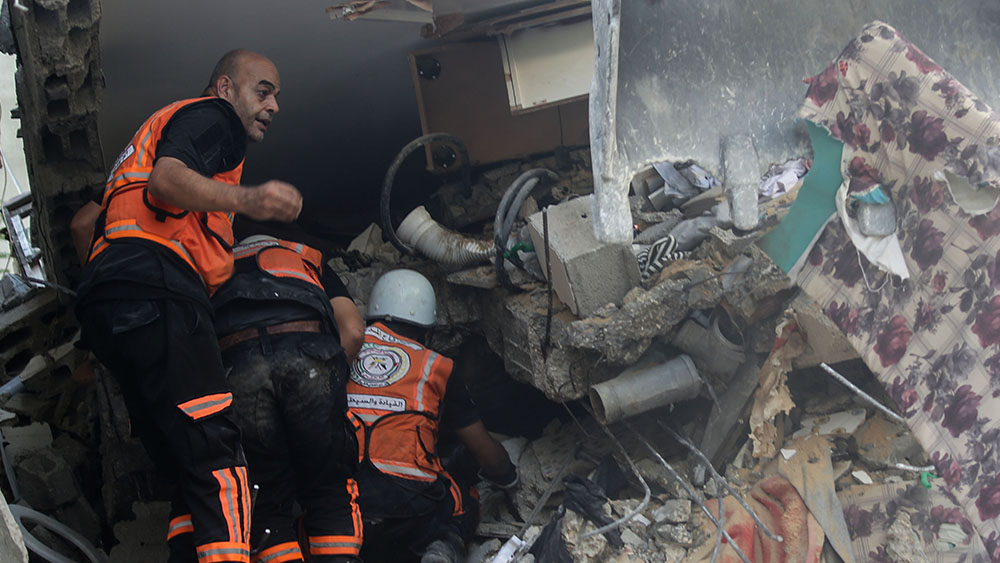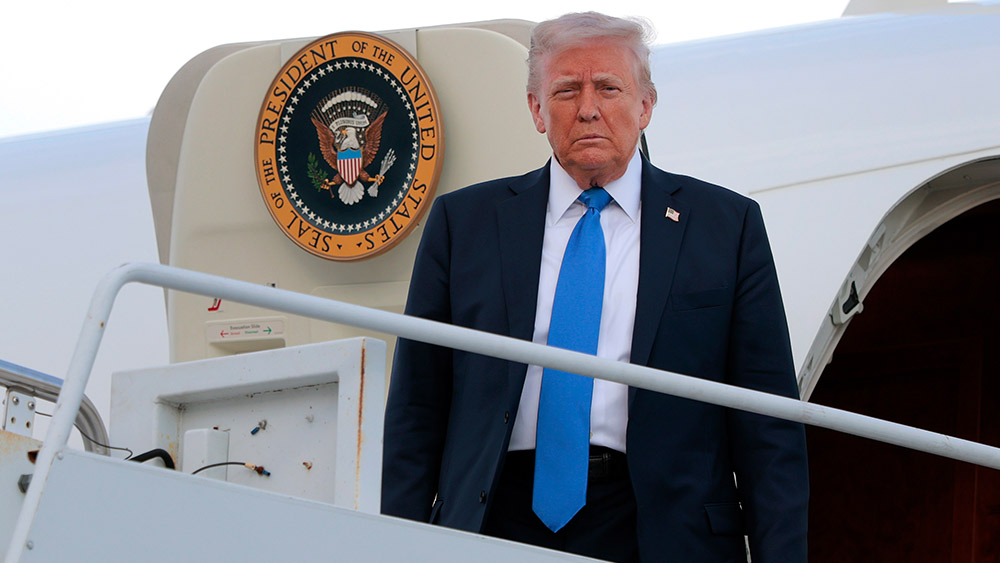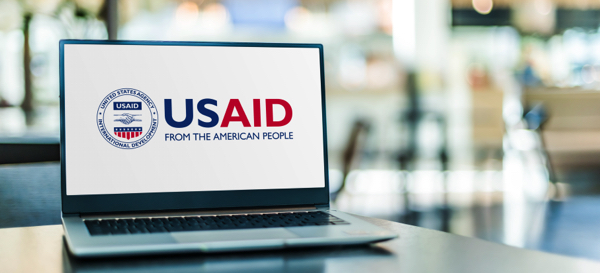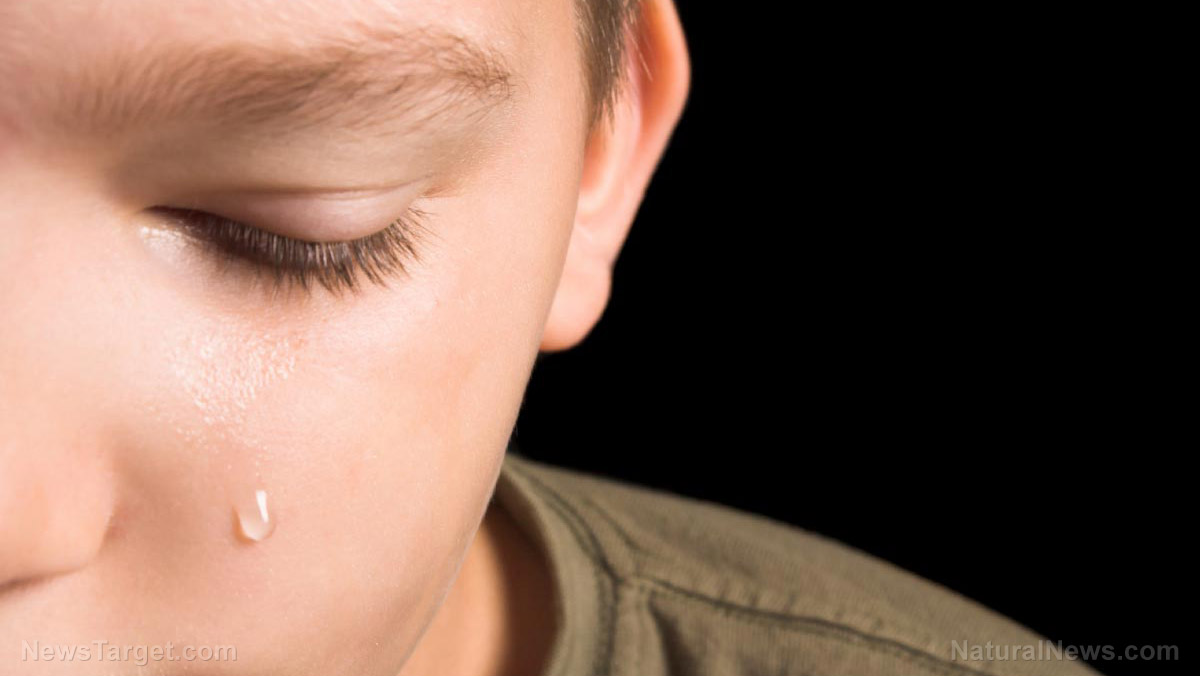
- The BBC faces accusations of "political censorship" for refusing to air a documentary about Palestinian doctors working under Israeli bombardment in Gaza.
- Over 600 prominent figures, including Susan Sarandon and Mike Leigh, signed an open letter demanding the release of the shelved film, Gaza: Medics Under Fire.
- Critics argue the BBC’s delay silences Palestinian voices, while the broadcaster claims it is still reviewing another Gaza-related documentary.
- BBC staff and activists accuse the network of bias, citing repeated suppression of Palestinian narratives in its Gaza coverage.
- The controversy raises concerns about media accountability and whether the BBC prioritizes impartiality or political pressure in its reporting.
The BBC is being hit with accusations of "political censorship" after refusing to air a documentary it commissioned about Palestinian doctors working under Israeli bombardment in Gaza. More than 600 prominent figures, including Oscar-winning actress Susan Sarandon, filmmaker Mike Leigh, and Channel 4 News editor Lindsey Hilsum, have signed an open letter demanding the release of Gaza: Medics Under Fire. The film, completed in February, has undergone legal and editorial reviews but remains shelved, sparking allegations of bias and censorship.
The BBC claims the delay is due to an ongoing review of another Gaza-related documentary, but critics argue the decision silences Palestinian voices and reflects systemic media bias.
A documentary in limbo
The film, produced by award-winning filmmakers, documents the harrowing experiences of Palestinian health workers operating in Gaza amid relentless Israeli attacks. Despite being legally cleared for broadcast, the BBC has not provided a release date, leading to accusations of deliberate suppression.
"We stand with the medics of Gaza whose voices are being silenced," the open letter states. "Their urgent stories are being buried by bureaucracy and political censorship. This is not editorial caution. It’s political suppression."
The letter also criticizes the BBC for demonstrating "bias in its reporting and coverage of events in Gaza," raising concerns about the broadcaster’s impartiality. More than a dozen BBC staff members anonymously signed the letter, signaling internal dissent over the decision.
Broader backlash over BBC’s Gaza coverage
The controversy follows the BBC’s withdrawal of another documentary, Gaza: How to Survive a Warzone, after it was revealed that the father of its 13-year-old narrator was a Hamas official. The broadcaster launched a review, citing "serious flaws" in the production process. However, critics argue that the scrutiny applied to Palestinian narratives is disproportionate.
Health Workers 4 Palestine, a grassroots group supporting the film, condemned the delay, stating: "The health workers featured in this documentary have witnessed countless colleagues being killed, and have risked their lives not only to care for their patients, but to document and expose the relentless targeting by Israel of healthcare infrastructure and personnel."
Basement Films, the production company behind Medics Under Fire, expressed frustration, saying: "Every day this film is delayed, the BBC fails in its commitment to inform the public, fails in its journalistic responsibility to report the truth, and fails in its duty of care to these brave contributors."
A pattern of suppression?
The BBC has faced persistent criticism over its coverage of the Gaza conflict, with protesters accusing it of "hiding genocide" and favoring Israeli narratives. The broadcaster maintains it is committed to balanced reporting, but the repeated delays have fueled skepticism.
A BBC spokesperson said: "We are committed to journalism which tells our audiences the stories of this war, including what is happening in Gaza. This documentary is a powerful piece of reporting and we will broadcast it as soon as possible."
Yet, with no clear timeline for release, the controversy underscores deeper concerns about media accountability and whose stories are deemed worthy of public attention. As pressure mounts, the BBC’s handling of the situation may determine whether it can reclaim its reputation for impartiality or if it will be remembered for silencing those who risk their lives to tell the truth.
Sources for this article include:
Please contact us for more information.



















